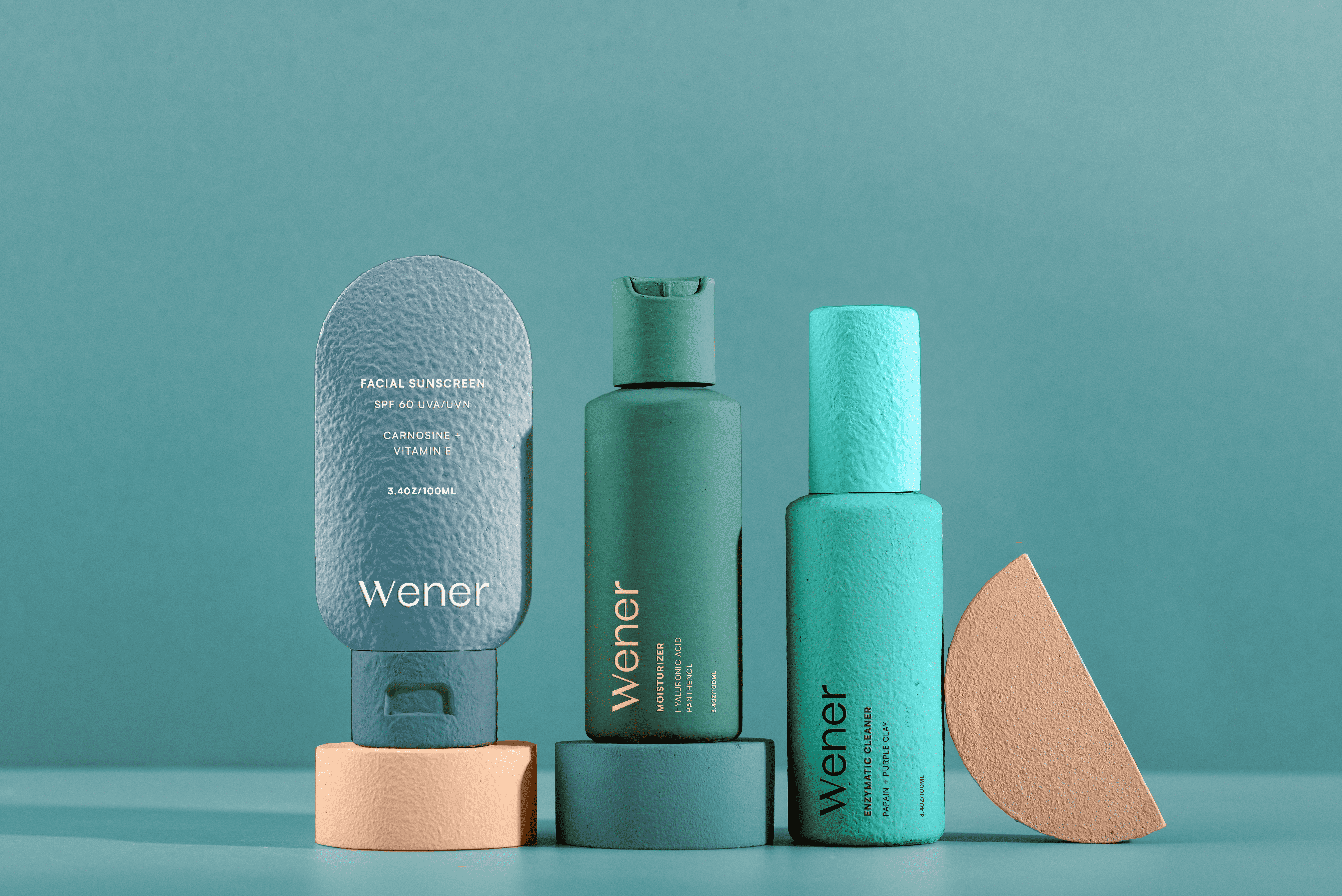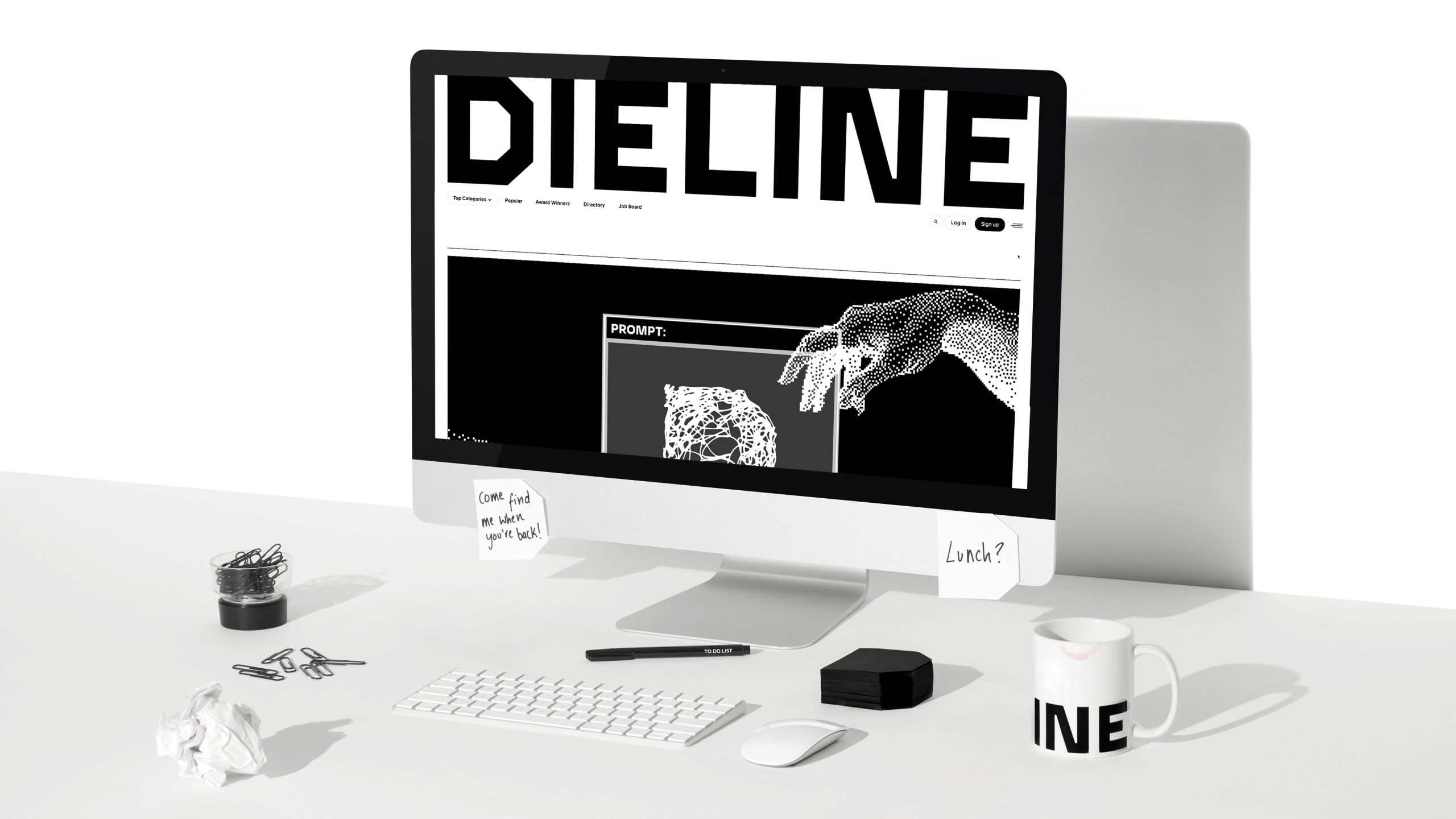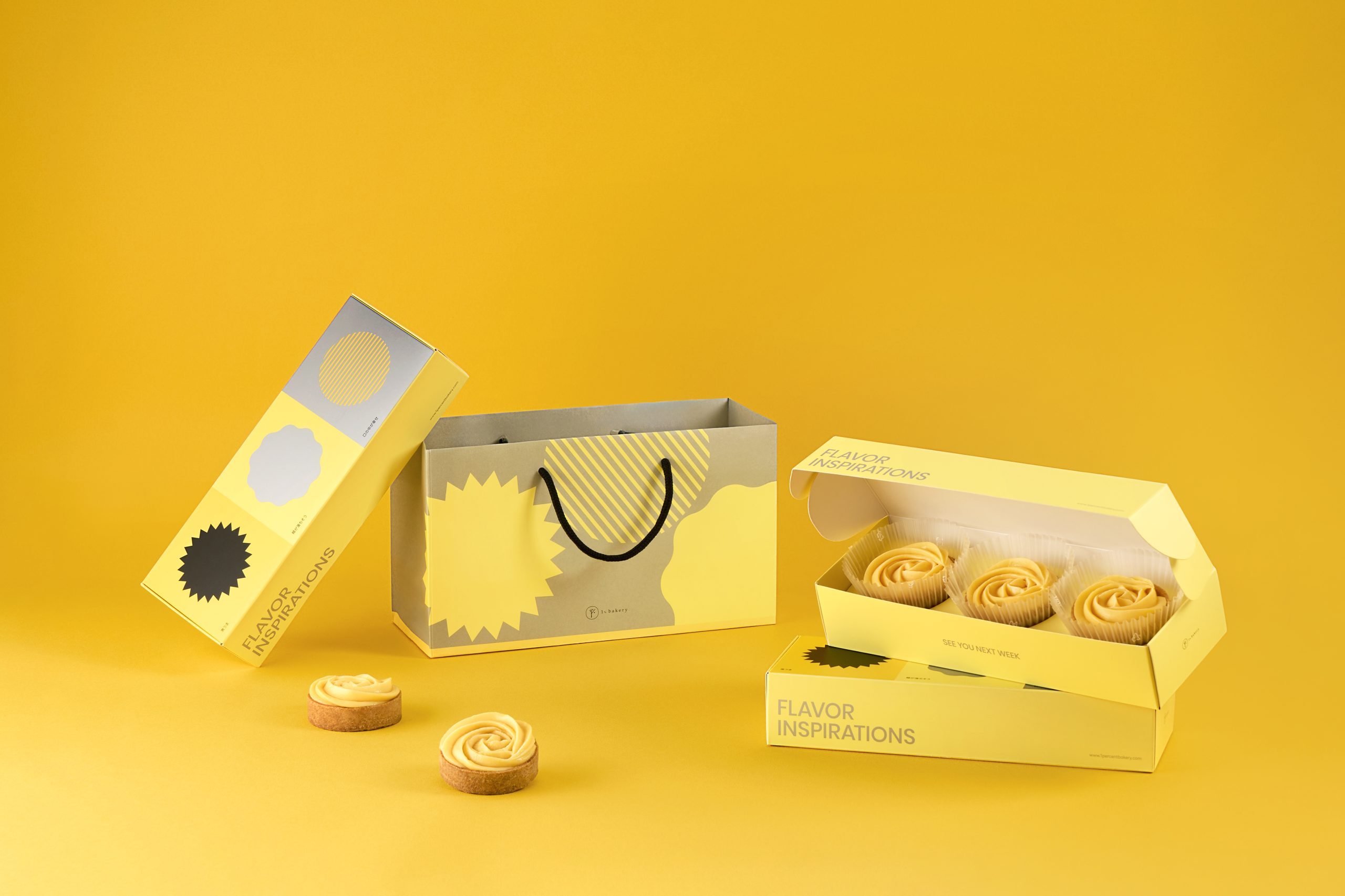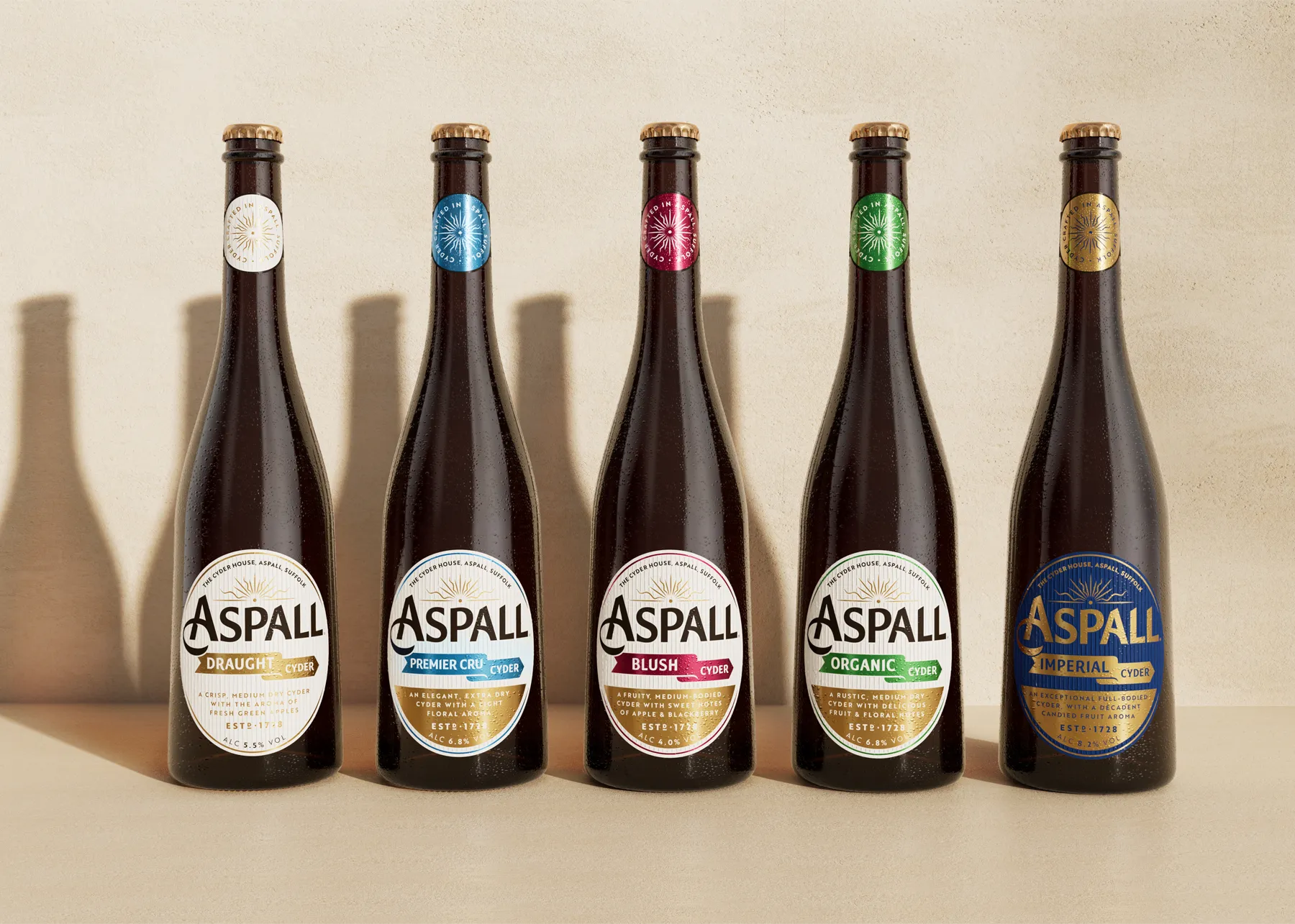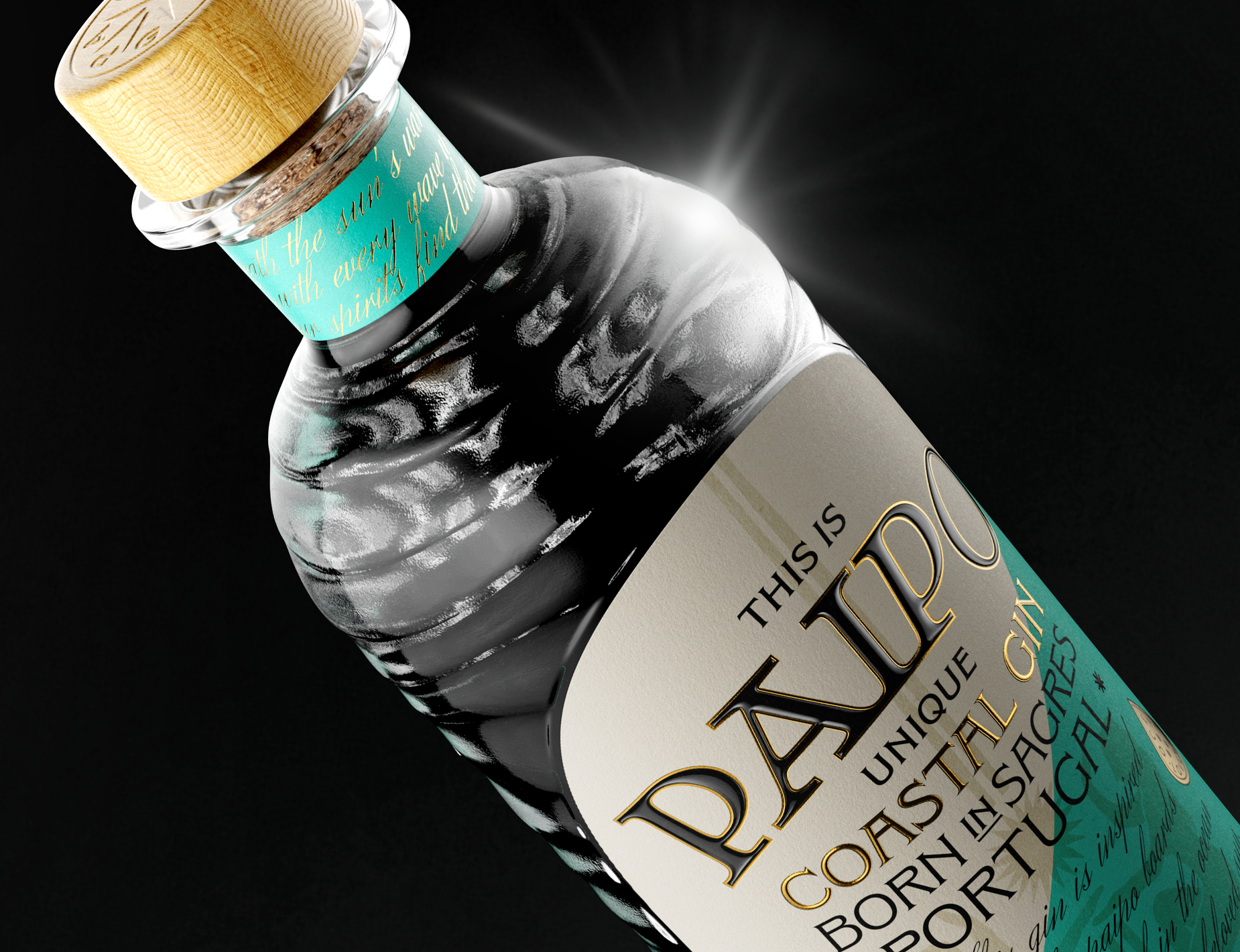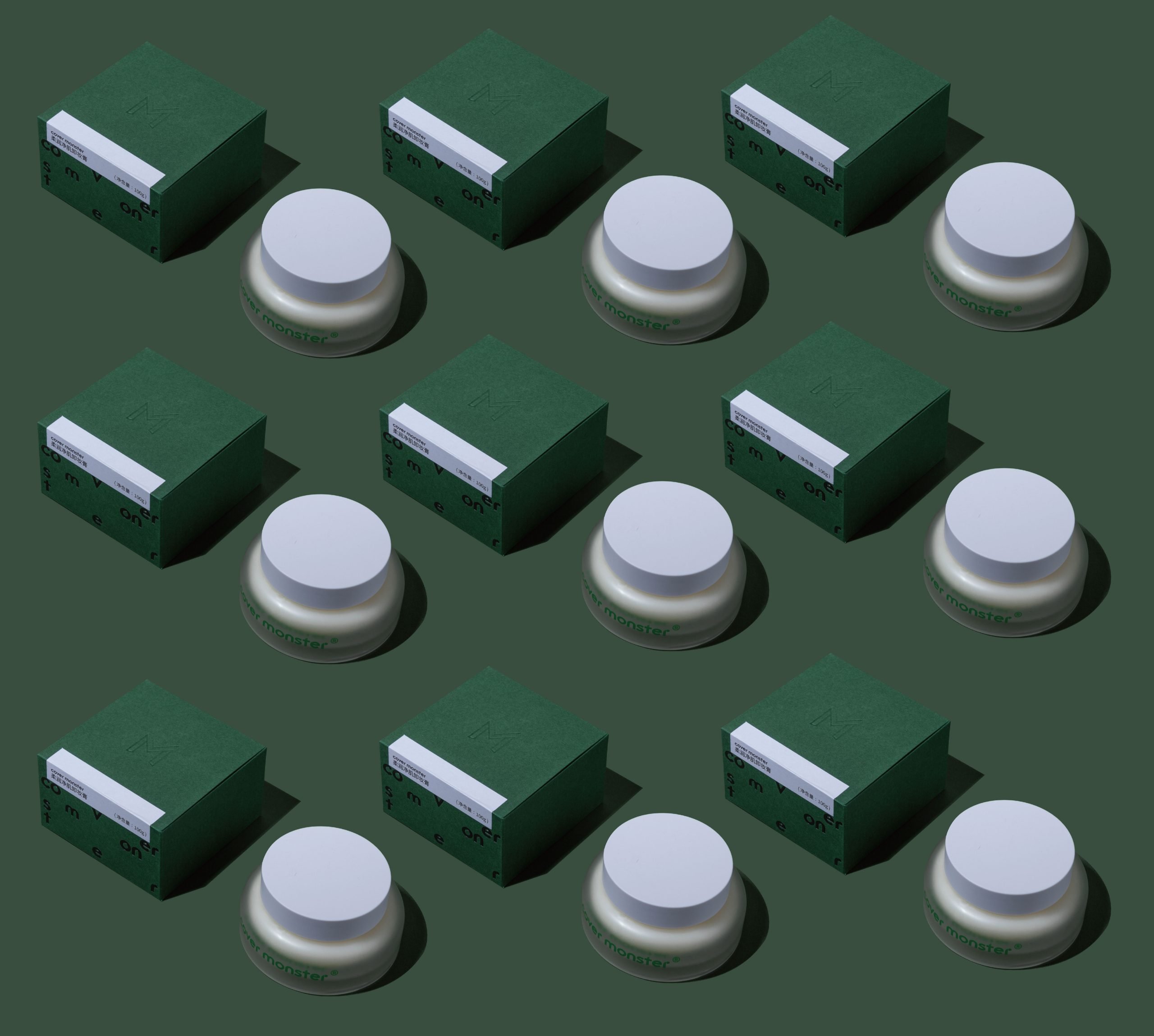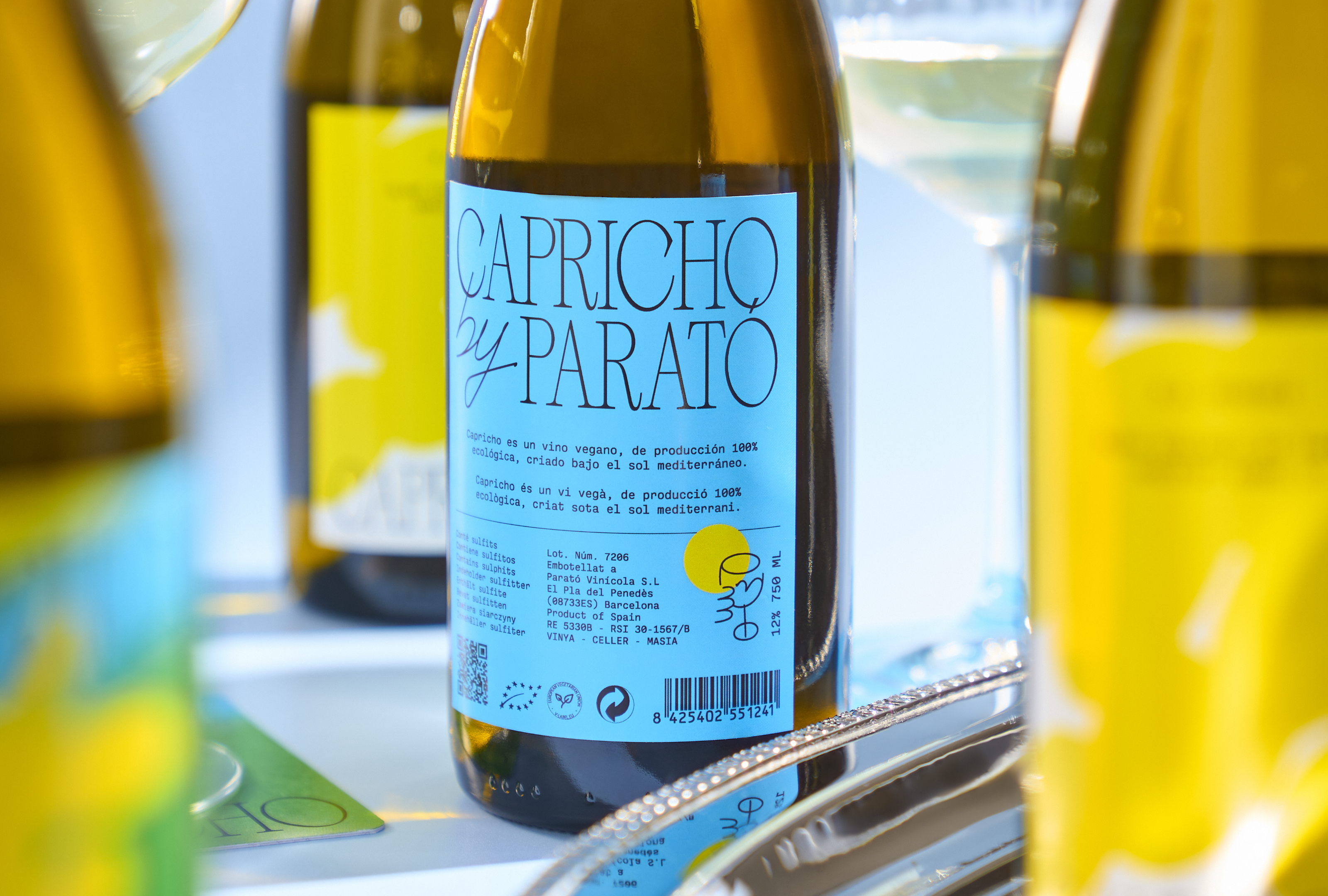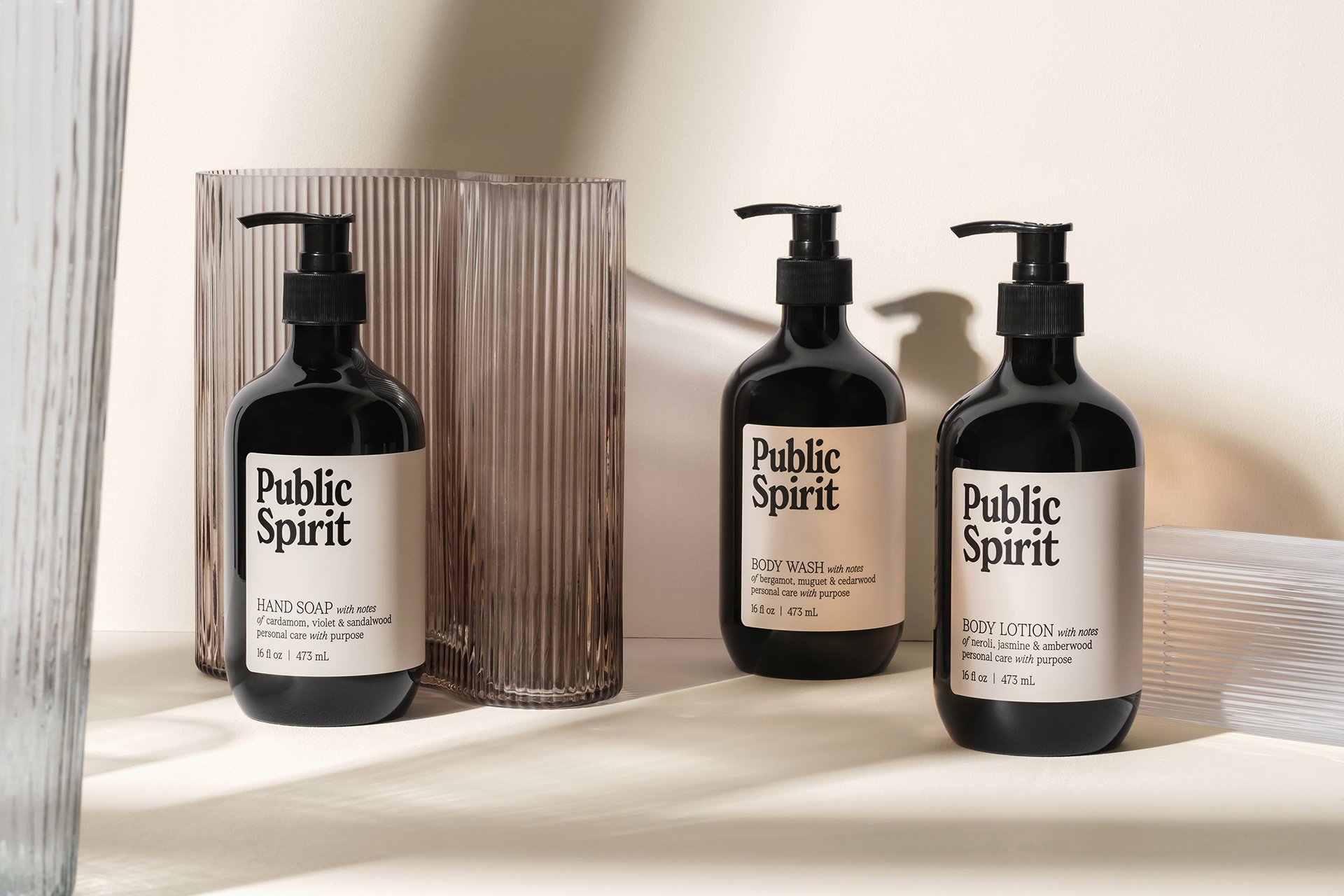The ocean is full of plastic. Bottles, bags, boxes, and all other sorts of items made from synthetic resins find their way into the ocean in alarming numbers. Unfortunately, that plastic can linger around for hundreds of years, creating problems for marine life and ultimately humans as well. Plastic is so pernicious that you can find micro-sized particles in even the most remote areas on the planet. And all that is before considering the environmental consequences of extracting and using petroleum to make plastics. By one estimate, we have until 2050 to achieve no-new ocean plastic if we are to save the ocean.
Seaweed is also abundant in the ocean, but unlike plastic, instead of choking the ocean, seaweed nourishes the sea and the planet. Like their landlubber cousins, seaweed captures carbon dioxide while replenishing water with oxygen. Additionally, it also serves as a safe home for aquatic life and a source of food.
However, Julia Marsh, co-founder of Sway, found a new use for seaweed—using the ocean’s bounty to create alternatives to conventional plastics.
Since turning her master’s thesis into a bonafide company, Sway has gone on to do some of the typical startup things—seeking investors, winning tech competitions and grants, finding partners, and generally getting the word out about Sway’s biodegradable and sustainable alternative materials.
More specifically, Sway was one of nine winners of the Beyond the Bag Challenge, a contest from Closed Loop Partners, an investment firm seeking to scale up the circular economy by providing capital to startups. Funding comes from retail allies like Target, Walmart, and CVSHealth, and includes partnerships with non-profits Conservation International and Ocean Conservancy and design agency IDEO.
“We’re actively working with the consortium to reinvent the bag to launch pilots of our material,” Marsh said. “We’re undergoing some pretty rigorous testing right now with end-of-life scenarios, asking questions like, what happens in a landfill? What happens in a marine environment? What happens in freshwater?”
The young startup is now partnering with companies in apparel, cosmetics, and household goods on both product development and test pilots for the material, some of which will see the light of day next year. Through the Beyond the Bag initiative, they are working closely with both Target and CVS to produce a biodegradable seaweed-based plastic bag.
“Primarily, we work with three species of seaweeds. But there are about 10,000 to choose from, as we’re just scratching the surface of what’s possible in seaweed biopolymers,” Julia explained. “We have some perfectly transparent films. And this is working with one type of seaweed feedstock. But if we work with other varieties, we get a frosted film. If we work with different types of algae, we can get different colors and textures. And we’re also able to adjust opacity depending on how we treat the seaweed itself,” she added.
Joining Marsh and Matt Mayes as cofounder is Leland Maschmeyer, the former chief brand officer of Chobani, where he led vital changes to the firm, including a significant repositioning and rebranding, moving the brand forward while its competitors were still catching up. Maschmeyer’s operational and marketing experience brings expertise in the same consumer goods space Sway wants to partner with.
“Leland led Chobani’s brand relaunch, which is famous, at least in the design community,” Marsh said. “He helps bring the executive experience to our team and a pretty refined understanding of the scaled production and infrastructure vital to make a product like ours work. He’s also the co-founder and former chief creative officer of Collins, and he brings some real-world perspective of brands seeking innovative packaging solutions.”
Shortening the distance traveled from farm to final product is also something Sway is considering. Currently, the organization sources feedstock from farms along the west coast from Alaska to South America, except in California, where kelp farming is more tightly controlled and difficult to establish due to the decimation of large kelp farms by sea urchins.
“Our goal is to keep our supply chain as short and tight as possible. And the function of that is to reduce lead time. It’s just a practical thing, but also to reduce our overall environmental footprint,” Marsh says.
It also presents an opportunity to create more green jobs and cut back on pollution. “By cultivating seaweed, you’re providing coastal job opportunities,” Marsh added. “By utilizing seaweed-based materials, you’re not creating that additional pollution or promoting the fossil fuel industry and leaching toxins into other water streams or having people burn the material and inhale those fumes. Just thinking of all the social benefits, which often get emitted from lifecycle assessments, is something we’re really excited about too.”
Sway also wants to make it easier for brands and designers to consider these plastic alternatives, providing resources so that folks can understand how materials similar to their own impact the environment and compare to other substrates.
”We are beginning to put together more tools and tracking and transparency information, developing a system of better assessing packaging materials starting with our own,” she said. “We want to have a holistic view of what’s happening at the origin, throughout the production process, and at the material’s end of life, always advocating for regenerative materials. We want to turn folks towards materials that actually replenish life, utilize agricultural waste, or contribute to the overall welfare of communities.” Sway wants to scale the blue economy and the seaweed industry in the Western Hemisphere, addressing the urgent calls for brands to take action on the climate crisis by using their material.
“That’s all on the horizon,” she added.
Marsh’s enthusiasm and optimism for Sway’s potential to fix some of the plastic pollution crisis is palpable. There’s a genuine passion that isn’t always present in the polished talking points from startup founders and Silicon Valley tech bros that can dominate the space, and that mission certainly bodes well for Sway’s future—and less so for plastic shopping bags.
Join us for Dieline Conference 2021. Learn More about this two-day virtual conference
